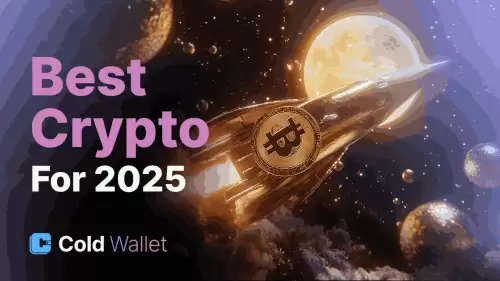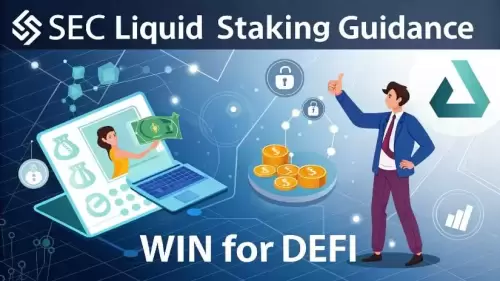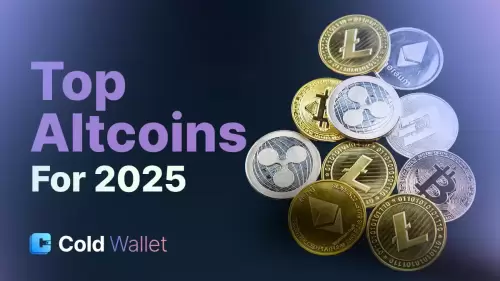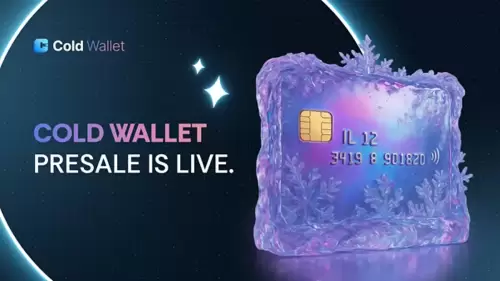Last week, Korea’s Financial Services Commission held a meeting of its Virtual Assets Committee to discuss non-profit crypto donations, new guidance for exchanges that receive tokens as payments, and tighter procedures around new token listings, so-called zombie coins and memecoins. The Virtual Assets Committee includes representation of the Korea Federation of Banks and the Digital Asset Exchange Association (DAXA).
Non-profit crypto donations
For non-profits, the processing of crypto donations should be outsourced to organizations with at least five years of experience. Any received cryptocurrencies must be traded on at least three Korean crypto exchanges and the non-profit must implement a policy to cash out all tokens upon receipt. In order to comply with anti money laundering rules, donations can only be made directly via a cryptocurrency exchange.
During the meeting, the regulators decided to allow non-profit organizations to accept cryptocurrency donations, subject to strict conditions to mitigate money laundering risks and ensure transparency. Non-profits will be required to cooperate with a specialized financial institution, such as a credit union or a bank, to manage and handle the cryptocurrency donations.
The non-profits will be prohibited from soliciting donations in exploitable formats, such as phishing messages or spam emails. Moreover, they will be required to convert the donations to fiat currency promptly to avoid exposure to market volatilities.
Crypto exchanges
In addition to donation guidelines, the new rules address cryptocurrency exchanges, specifically regarding the sale of cryptocurrencies for the exchange’s own account where it received the tokens as fees. The regulator’s aim is to prevent conflicts of interest.
The sales are only allowed where the purpose is to cover the operating expenses of the exchange. An exchange cannot sell the tokens on its own platform and must use a third party instead. To avoid impacting market prices, exchanges can only sell popular tokens that rank among the top 20 on at least five Korean exchanges. Plus, there are daily restrictions on the volume of tokens that an exchange can sell.
The topic of security token offerings (STOs) was also discussed and it was concluded there is an urgent need to pass new laws.
The meeting of the Virtual Assets Committee comes as Korean banks announced last week that they are collaboratively developing a stablecoin.
Haftungsausschluss:info@kdj.com
Die bereitgestellten Informationen stellen keine Handelsberatung dar. kdj.com übernimmt keine Verantwortung für Investitionen, die auf der Grundlage der in diesem Artikel bereitgestellten Informationen getätigt werden. Kryptowährungen sind sehr volatil und es wird dringend empfohlen, nach gründlicher Recherche mit Vorsicht zu investieren!
Wenn Sie glauben, dass der auf dieser Website verwendete Inhalt Ihr Urheberrecht verletzt, kontaktieren Sie uns bitte umgehend (info@kdj.com) und wir werden ihn umgehend löschen.













































































